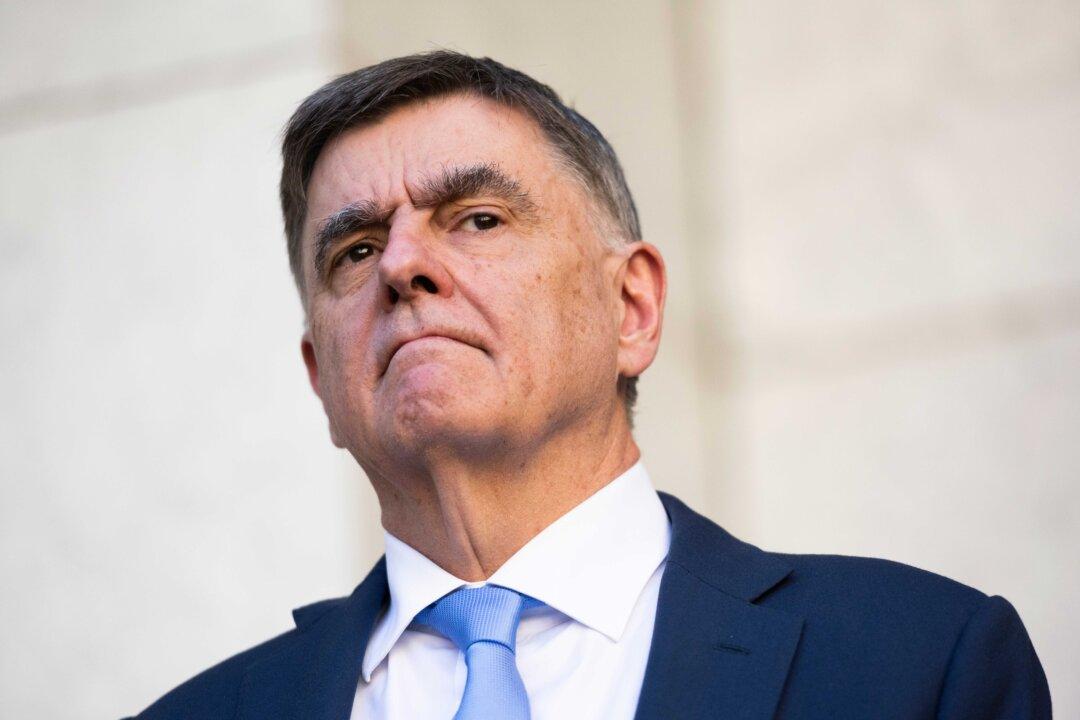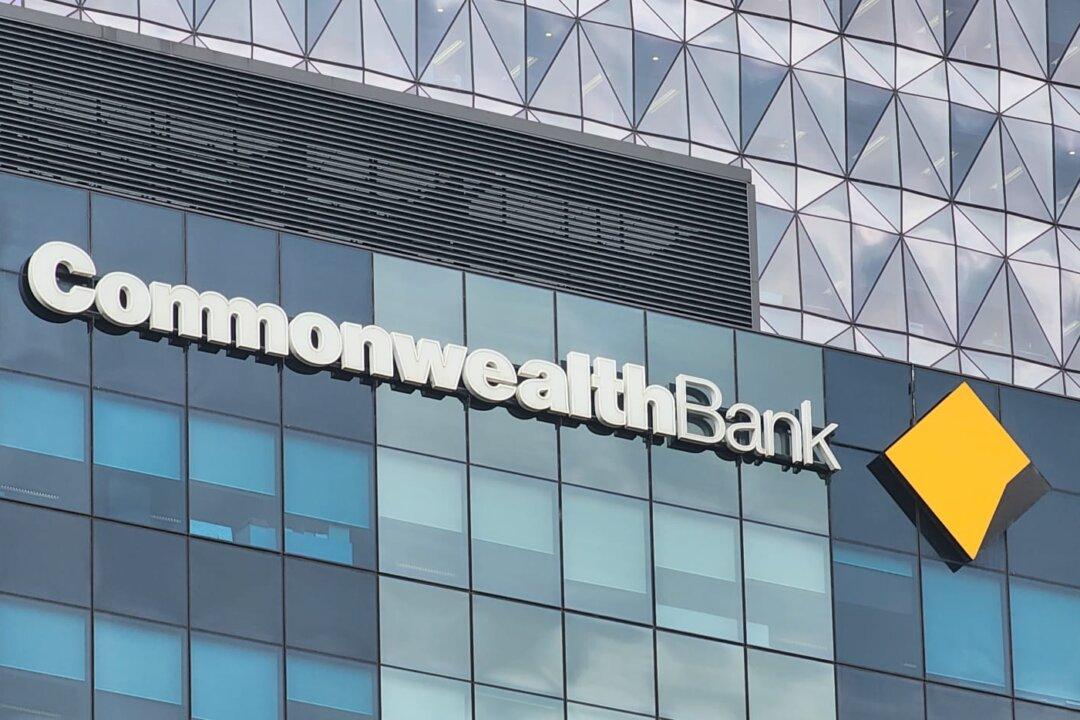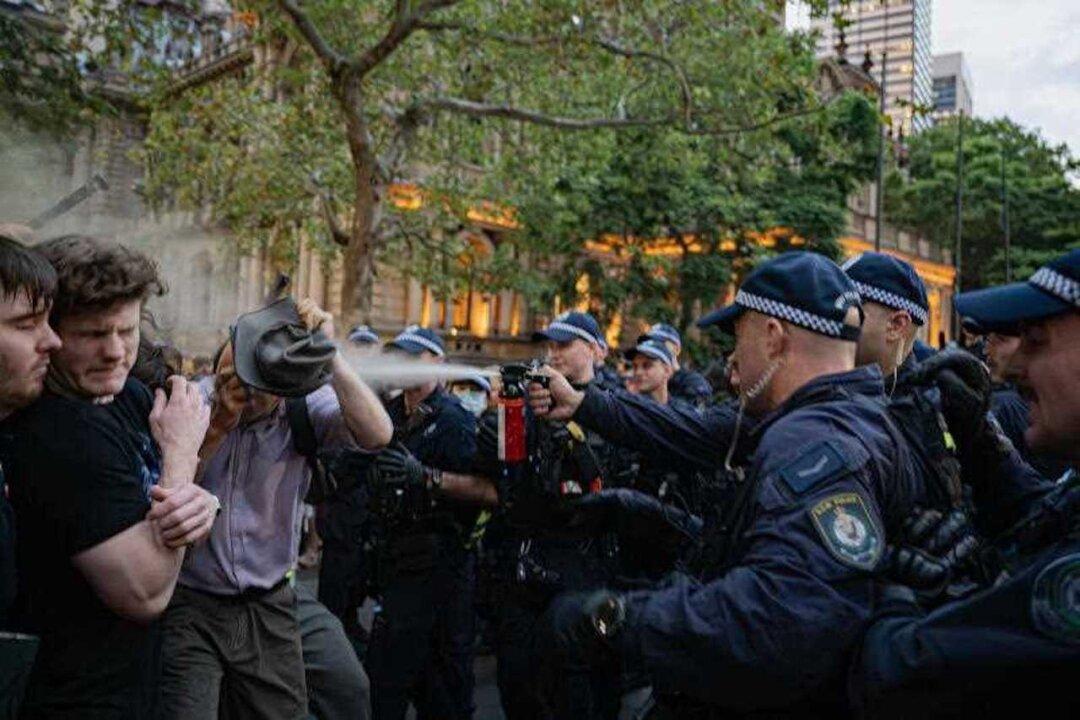Australia is set to mark another day with no locally acquired cases of COVID-19 as more stranded Aussies prepare to return home when international arrival caps return to higher levels.
News South Wales (NSW), Victoria, Queensland, and South Australia all on Saturday announced zero local COVID-19 cases in their respective 24-hour reporting windows.





